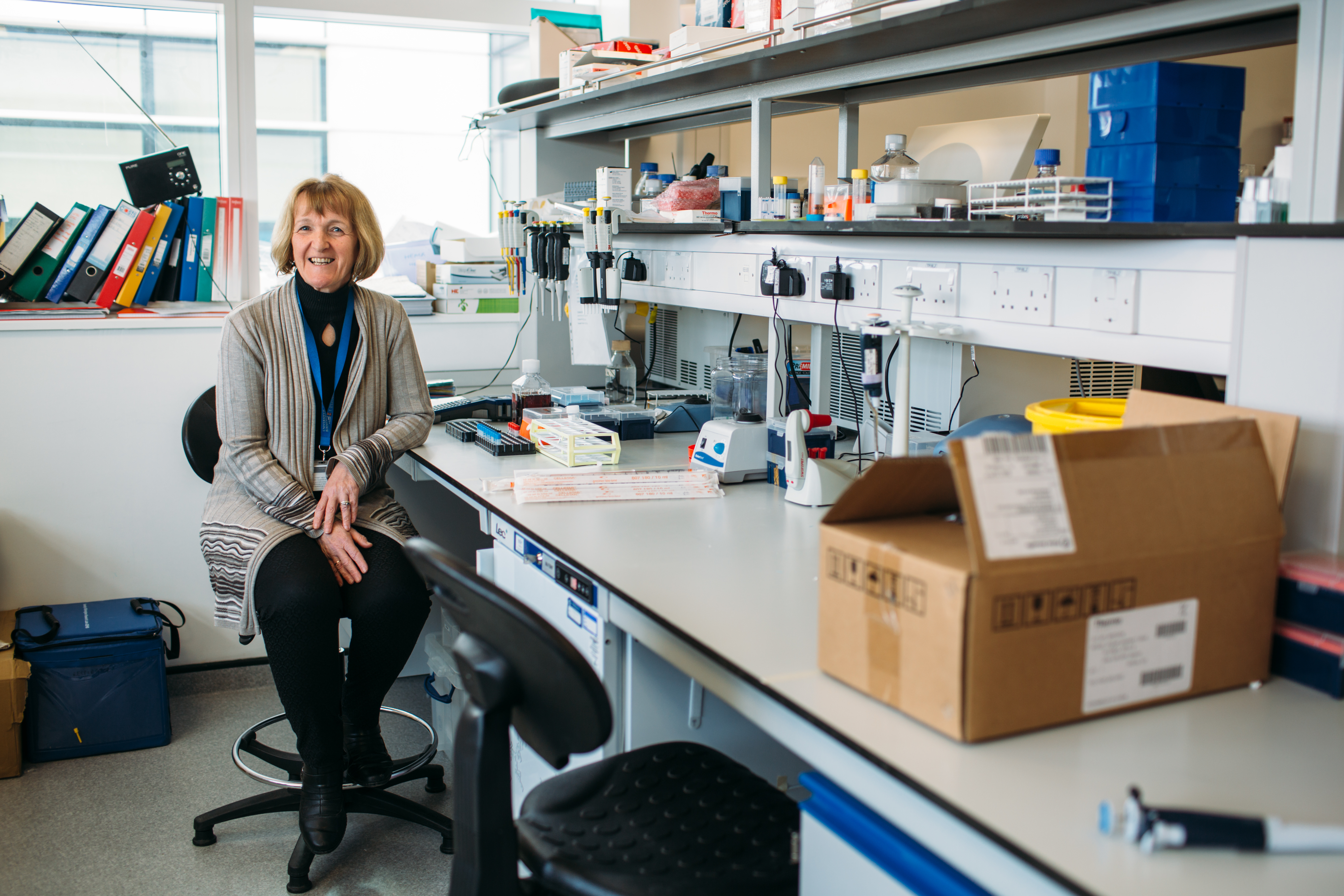Since rebranding as The Scar Free Foundation in 2016, we have supported a wide range of new research which addresses our mission; to achieve scar free healing within a generation. We have overseen the establishment of The Scar Free Foundation Centre for Conflict Wound Research, our innovative programme of wound healing research at the University of Bristol and our pioneering programme of facial reconstruction research at Swansea University. In addition, we have funded a suite of new burns projects and small-scale Elective projects for undergraduates. Our Cleft Gene Bank and Cohort Study which has been running for 10 years, reached its target recruitment of 10,000 participants earlier this year, and is yielding exciting research outputs. We have much to be proud of, not least the fact that all of our research successfully navigated the upheaval caused by the COVID-19 pandemic. Not wishing to rest on our laurels, in 2021 we started to think about what we are going to do next.
It is vital for medical research charities to regularly revisit their strategies to ensure that their priorities are pertinent to people with a lived experience of the condition they are focussed on. Addressing the needs of people with a lived experience of scarring, and those encountering it in the future, are central to our activities. Last year, five years after the launch of our scar free research strategy, we undertook a refresh exercise to ensure that our research priorities are clear, relevant and achievable. We will use this refreshed strategy as the basis of the areas of research we will look to support in the next 10 years.

